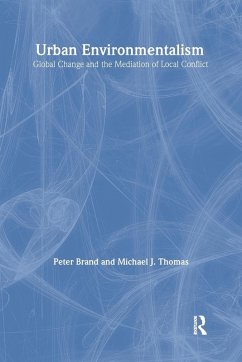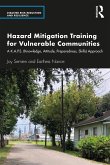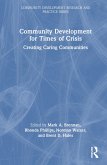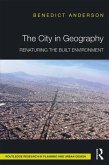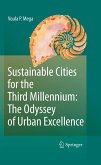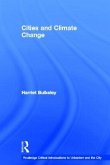Whilst the global environment continues to deteriorate, cities have emerged as places of achievement and optimism. "Cleaner and greener" cities have become a requirement of global competition and environmental protection is held to be vital to improving the lives of citizens. However, the global and urban dimensions of sustainability circle upwards and around each other like a double helix. Now into the twenty-first century, the conflictive geopolitics of international development and collaborative urban environmental governance twist around each other with snake-like charm, and venom. This book enquires into why cities have embraced environmental issues with enthusiasm. It locates urban environmentalism within current debates on globalization and neoliberal urbanization, and critically outlines the political success of urban environmental agendas in the postmodern condition of risk and individualization. These themes are subjected to theoretical critique and methodological exploration through Marxistanalysis, discourse theory and a dialectical or relation understanding of urban environmentalism within the disruptive and often violent urban transformation of the last two decades. This approach is then applied through three in-depth second-city studies in contrasting development contexts: Birmingham in the UK, Lodz in Poland, and Medellin in Colombia. In imaginatively bringing together a wide range of disciples, this book makes an important contribution to understanding urban environmentalism as an ideological form, operating at the levels of strategic economic interests and everyday social practices to facilitate, in place-specific ways, the legitimation of neoliberal citygovernments and control/regulation of increasingly fragmented, unequal and conflictive urban societies. It will be essential reading for students of planning, geography and environmental studies, as well as to all those interested in sociology and politics of sustainable develop

